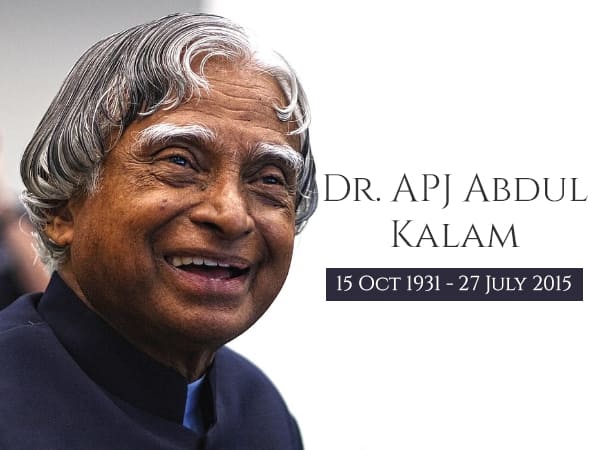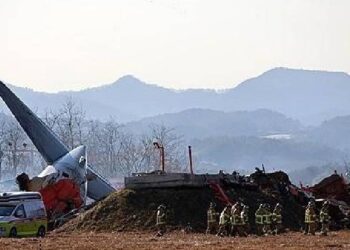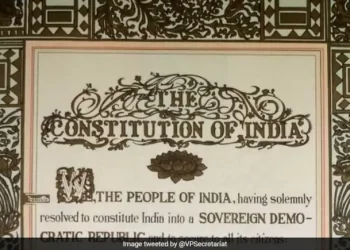This year, July 27, marks the 7th anniversary death of “Missile Man of India” Avul Pakir Jainulabdeen Abdul Kalam or Dr APJ Abdul Kalam. Former Indian President Dr. APJ Abdul Kalam was an Indian aerospace scientist. He was the 11th President of India and was popularly known as the Missile Man. Born on October 15, 1931, he inspired the country’s youth and promoted the principle of “simple living, high thinking.” Though Dr. Kalam is no longer with us, his ideas, opinions, and way of life continue to inspire millions of people in India and around the world.
Dr. Kalam is praised for his contributions to the country’s space and science projects, as well as his role in the 1998 nuclear weapon test.
He is credited with developing the Agni and Prithvi missiles and has inspired generations with his tireless work for the country’s welfare. Dr Kalam, who was born in Rameswaram, Tamil Nadu, in 1932, joined the Defence Research and Development Organisation (DRDO) in 1958. He was then hired by the Indian Space Research Organization (ISRO) in 1969 as the project director for the SLV-III, India’s first satellite launch vehicle.
After returning to DRDO in 1982 and conceiving the Integrated Guided Missile Development Program (IGMDP), he earned the sobriquet “Missile Man of India”. He worked hard to bring India up to par with other countries in missile technology and research.
Dr. Kalam was the 11th President of India, in addition to being a brilliant scientist. Dr. Kalam became known as the “People’s President” for his humility and high thinking after being a driving force behind India’s missile development.
Dr. Kalam was awarded the Padma Bhushan in 1990 and the Bharat Ratna, India’s highest civilian honor, in 1997. He wrote a number of books, including his autobiography Wings of Fire and Ignited Minds.
Dr Kalam died while giving a lecture at the Indian Institute of Management (IIM) Shillong in 2015. The former president collapsed and died at the event after suffering a cardiac arrest.







 Finance
Finance







